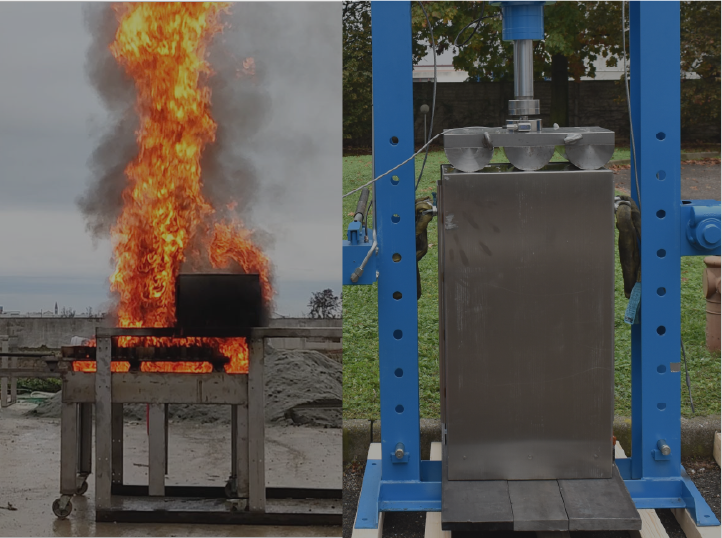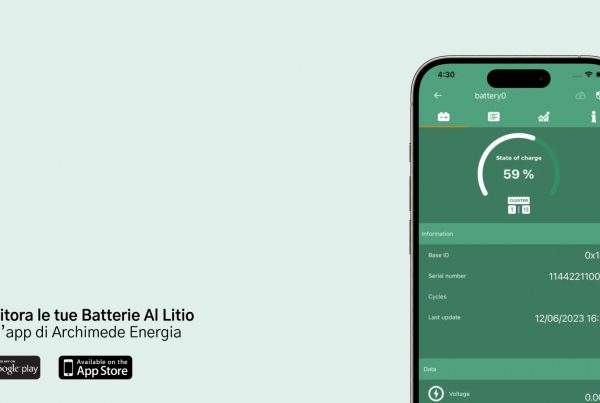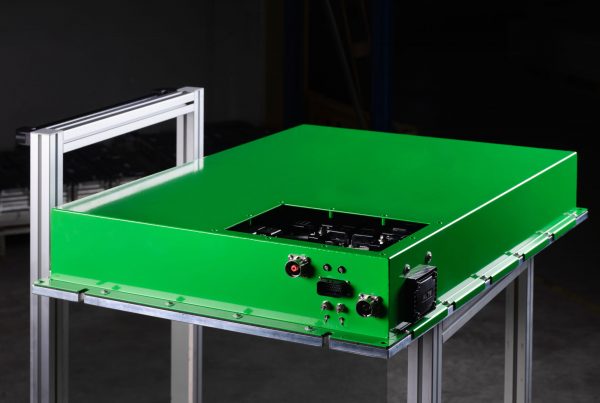Archimede Energia lithium batteries get ECE R100 R03 approval
The range of our Ænerbox lithium batteries intended for electric and hybrid vehicles with range extenders of category M (designed and built for the transport of people) and N (trucks and vans designed and built for the transport of goods), have passed the necessary tests to get the approval according to the ECE R100 Rev 03 Regulation imposed by the “civil motorization” for the free circulation on the road.
ECE R100: WHAT IS IT? WHY IS IT FUNDAMENTAL?
The ECE Regulation No. 100 regulates the approval of four-wheel electric vehicles, the approval is to be performed on the entire electric vehicle and also applies to its subsystems and components before placing on the market.
The regulation specifies the tests to which the battery (of any type of chemistry) used by vehicles of category M and N must be subjected. The compliance of a battery with Reg. ECE R100 is a fundamental step in obtaining the approval of the whole electric vehicle and therefore the consequent placing on the road.
LITHIUM BATTERY FAMILY:
An entire family of batteries has been approved:
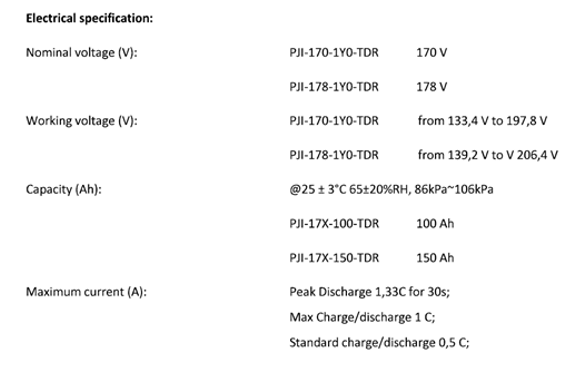
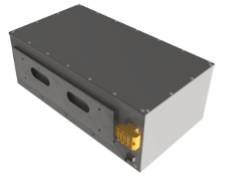
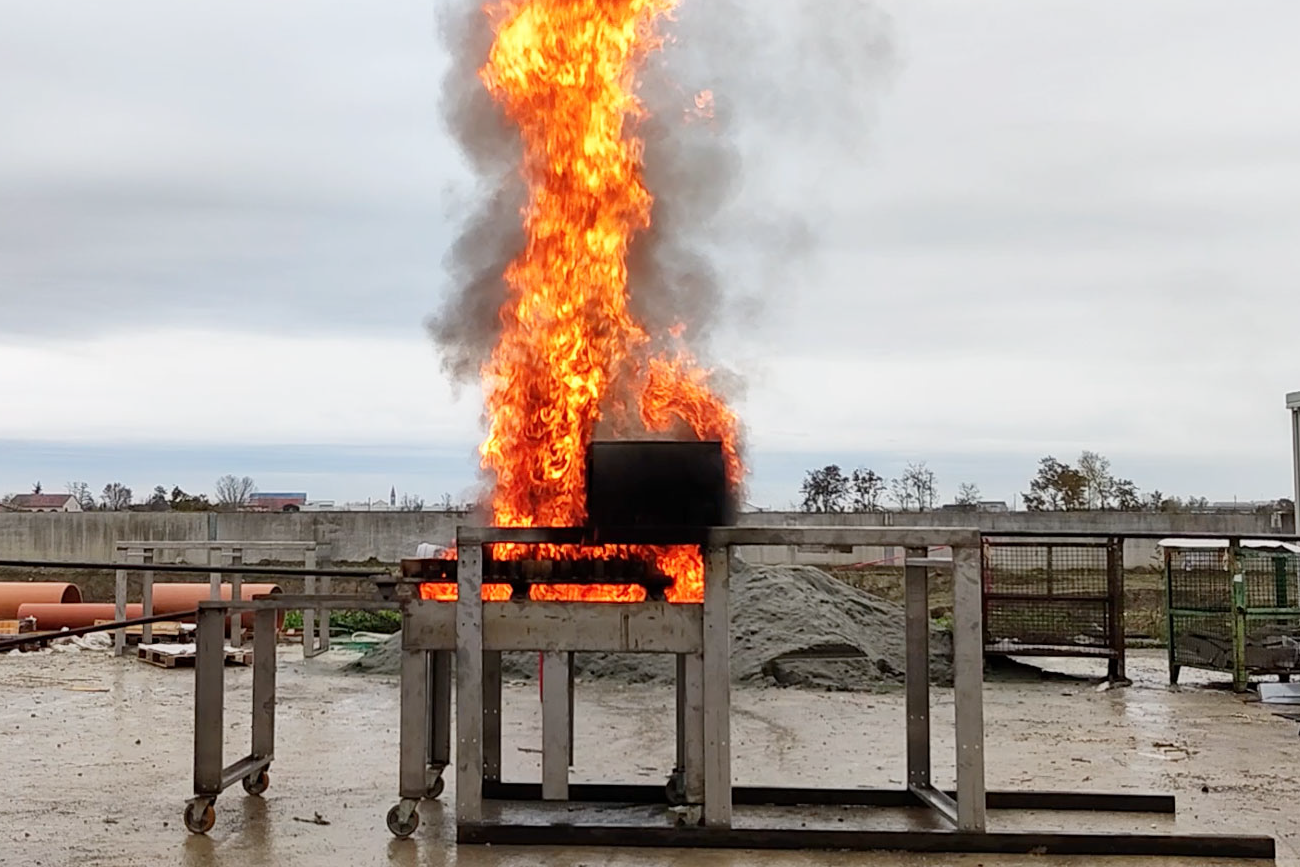
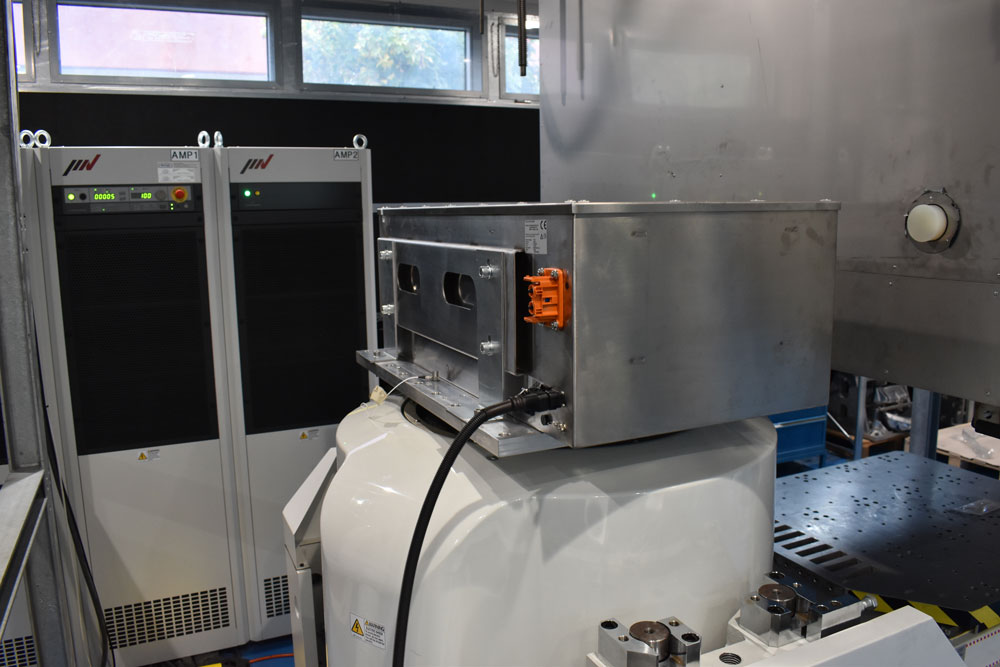
TESTS CARRIED OUT FOR APPROVAL:
The batteries have been tested, in accordance with the ECE R100 Rev 03 Regulation, by the CEVLAB laboratory, which supported us in carrying out the following tests:
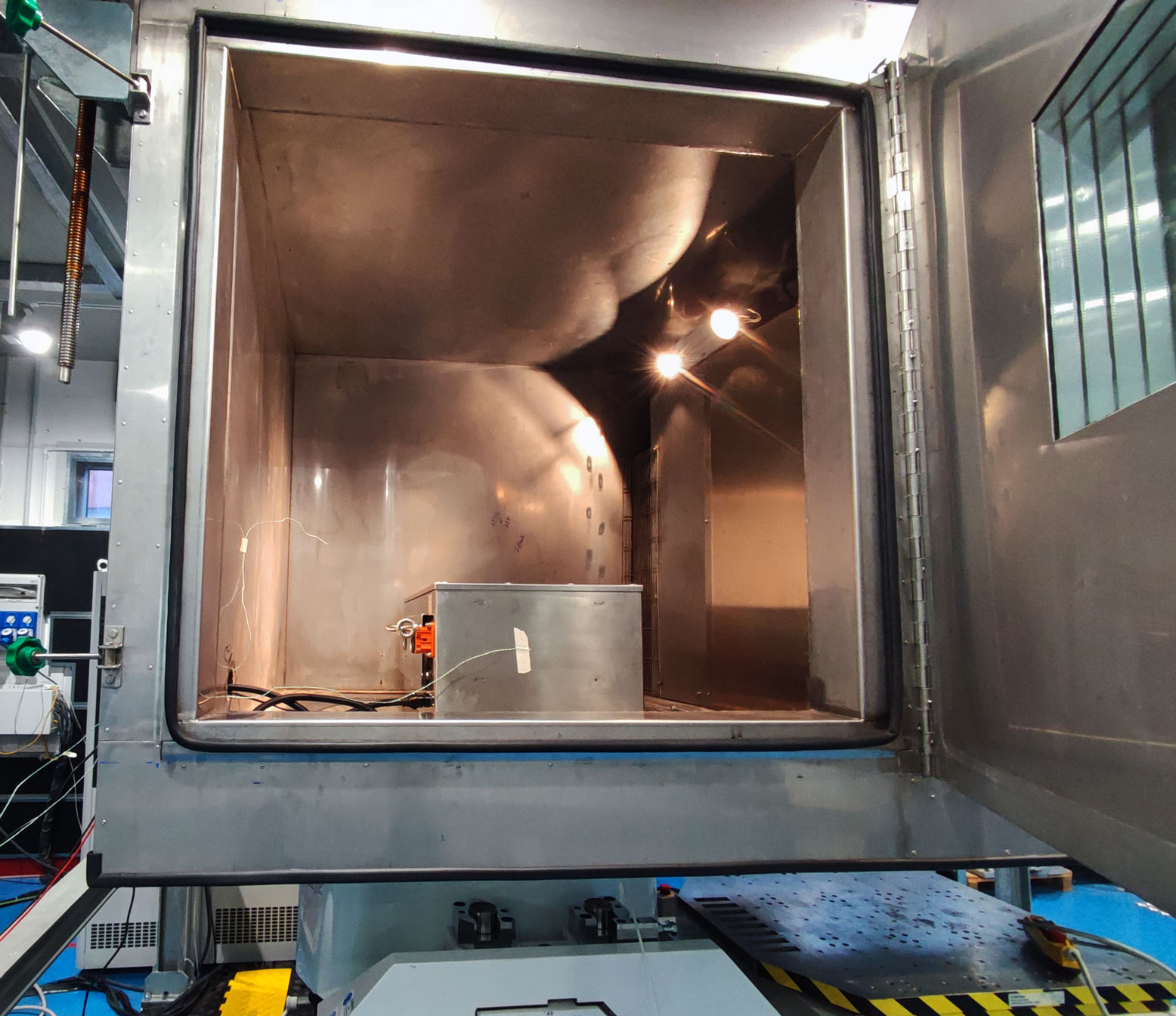
- Vibration test (Annex 9A) to verify the safety of the battery subjected to vibrations during normal vehicle operation.
Thermal shock and cycling test (Annex 9B), to verify the battery’s resistance to rapid temperature changes to which it may be subjected during its life. - Mechanical shock (Annex 9C) to verify the safety of the battery subjected to inertial loads that can occur in the event of a vehicle crash.
- Mechanical integrity (Annex 9D) to verify the safety performance of the battery subjected to contact stresses that can occur in the event of a vehicle crash.
- Fire resistance (Annex 9E) to check the resistance of the battery when exposed to flames coming from outside the vehicle (to make sure that passengers have sufficient time to leave the passenger compartment in the event of a serious event).
External short circuit (Annex 9F) to check battery safety in case of short circuit current. The test foresees the contact of the positive pole and the negative pole of the battery;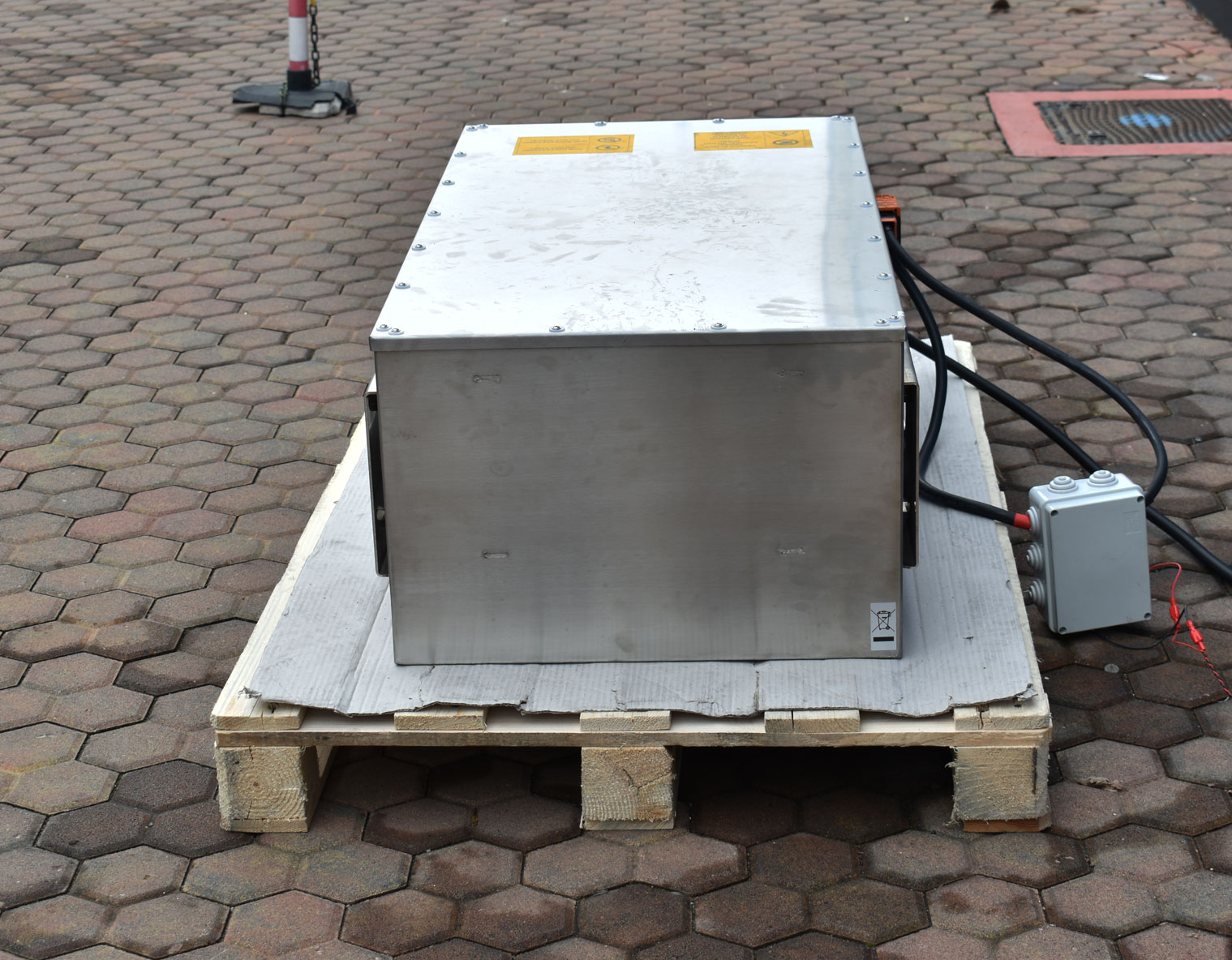
- Overcharge protection (Annex 9G) to check battery safety in case of overcharging;
- Overdischarge protection (Annex 9H) to verify battery safety in the event of a low state of charge;
- Overtemperature protection (Annex 9I) to verify battery safety in the event of overheating generated by battery charge/discharge cycles and by a cooling system malfunction.
- Overcurrent protection (Annex 9J) to verify battery safety in case of excessive charging current.


